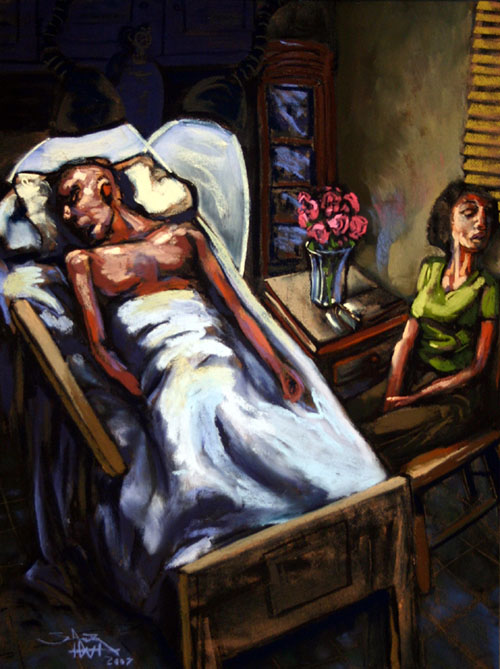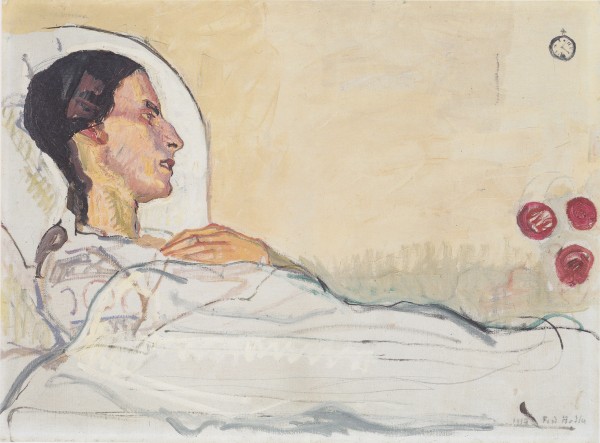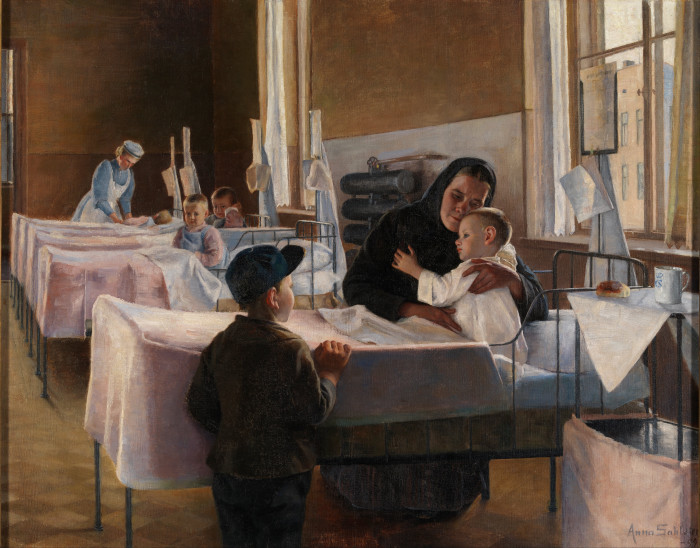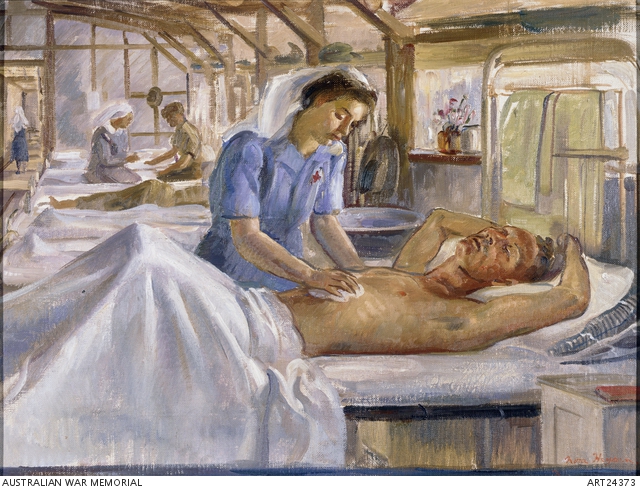 The body should be at aristocratic ease with the mind. In orderly procession muscles are meant to shim sleekly into place and not trouble our skimming regard. If healthy, we expect the quiet harmony of all the parts to leave us untroubled and the tup-tup tup-tup double taps of the heart to be an exact but dim and steady pleasure. When we fall in love, then it may beat like a tom-tom. Then we want the benign fever and all the purring that suggests that the tender balance between head and body rests intact.
The body should be at aristocratic ease with the mind. In orderly procession muscles are meant to shim sleekly into place and not trouble our skimming regard. If healthy, we expect the quiet harmony of all the parts to leave us untroubled and the tup-tup tup-tup double taps of the heart to be an exact but dim and steady pleasure. When we fall in love, then it may beat like a tom-tom. Then we want the benign fever and all the purring that suggests that the tender balance between head and body rests intact.
Then sickness arrives — not an accident nor a wound caused by an assault on the flesh by metal or heat. Instead the body throws off its calm, good health, and rising suddenly into open revolt, the blood breaks into air, and cells mass everywhere they should not gather. The secret always waiting under the skin has been sprung — we all fall sick, and our bodies are a kind of insurgency, often overcome, but composed of revolutionaries who bide their time because they can be certain that they will come to power and perhaps even sack all the cities before they too go down.
Painting: When Sickness and Health are Too Much by Ric Hall and Ron Schmitt
Suddenly the familiar body becomes a stranger. A maniac. An It emerging from hiding that betrays us from within. Lumps swell where there had been smooth skin, sores open, pain gasps at every surface. Muscles freeze or spasm or unlock abruptly. Bones ache. The body burns. It writhes. It reaches for breath. The smooth skin crawls with ulcers. Rashes appear, prickly-red — most terrible flags. Inside skulls, hammers batter as if they belong to malevolent forces. All the afflictions of our imagination assert their reality. Our bodies go mad.
We cannot will our health to return. We have lost control. We look out at all the others who must attend to the body — our strange body become a thing that has slipped away from us. Our perceptions become clouded by drugs and pain, the parents of ICU psychosis. Doctors, nurses, aides ask questions we struggle to penetrate because the pain and fear is suddenly a scrim that inhibits understanding. They wield needles. They attach machines to what had been our own arms or chests or legs — they no longer belong to us. We do possess the pain, that fact which cannot be seen, one as invisible as a witch.
The unafflicted watch. From way out here we watch — family, lover, friend, daughter, husband, wife, sister, son, brother all drifting in the same wild, static space. This is a place of continual contradictions. We look on — at times detached, then helpless and appalled, in agony, then numb, scattered or as focused as a sniper. We hold onto each other because we cannot embrace the one who lies in the bed. That person is too fragile; so we touch the skin of those who watch with us.
Painting: Sponging a Malaria Patient by Captain Nora Heysen
And if a child lies in the bed, the slight body held in our gaze, then anything becomes negotiable — our characters and routines, our lives — if only the child may be restored. If permitted, most mothers or fathers would trade life for life if only their child might rise up whole again.
The doctors turn from the bed and speak and most are patient and kind in defiance of everything they have seen. They speak clearly, but qualifiers like minefields tangle their explanations: “This but possibly that too … We suspect X except if Y or Z are present. Then A or B would be most likely … Yes, the tests have shown the presence of these cells, this virus, these disturbances, several breakdowns; however the prognosis … the diagnosis … our expectation remains uncertain … tentative … contingent on the patient’s will and desire. More tests, more time, more developments are necessary. Then we will know unless H happens in which case we must do T and possibly Z ….” Beautiful-sounding Latinate words tumble throughout the flow: streptococcus, angiopathy, helicobacter, myopathy, proteus, neuropathy, and they carry us deeper into a wilderness we struggle to map.
Rooms in hospitals where the sick must fight for their lives have no smell and are dark, cluttered, airless, stale. Ambient, mechanistic noises drift in from the corridors. MRSA is always a threat so surfaces must be controlled, made as antiseptic as possible. Draped windows reveal just a patch of the outside world. They are closed — could they be opened? One cannot hear the sound of traffic or wind or birdsong. This place wants to be impervious to uncertainty and spontaneity, but those Furies incited by the capriciousness of the disease are always in rebellion. This place is sealed against nature except for the wildings let loose by the body under assault.
 Painting: Valentine Gode Darel in hospital bed by Ferdinand Hodler
Painting: Valentine Gode Darel in hospital bed by Ferdinand Hodler
In Emergency Rooms and ICU’s, in the presence of all the whirling nurses and doctors, we can will ourselves into desperate yearnings: we want what we cannot have, one a dream of life, the other of our individual death. Inside we whisper, if only I had the healing touch, the channeling of the Divine that I could call upon at desperate moments — upon feeling the serene ease of my hands, the sick would be made whole. And this too — we want our bodies to remain our own, uncorrupted until the end. To our ears alone we whisper, if only I could flicker away at some long, good age, unbroken — walking upright and strong at four score and ten. Instead, we prepare a stoic face for the faces it will meet. We can save no one, least of all ourselves.
Each day I try to preserve order in the space around me — pick up, make clean, organize, follow the list, lift weights, walk, eat the good stuff, always look both ways, watch the sky for lightning strikes, set each task right — all these to make my illusions of safety as real as the earth under me. Prepare, prepare I think and maybe, just maybe I might receive a little mercy for the bodies in my close band and even for the suffering of select strangers. Meanwhile, this morning, the double taps of my heart feel steady and sound under the weight of this absurd hand.
Painting by Sahlstén Anna
Ohhh, finally, one must just say the hell with it — it will come now or not now or years from today, and until then go on with joy. Walk out into this cold April. In the air is better than inside. Listen to a child tell a story. Listen to music. Sing along with Mr. Dylan’s most wonderful frog voice on This Dream of You, or better yet, waltz to it, alone if you must, but dance anyway. Make the body move. Raise those hands. Take in the rhythm…jitter and shake. Follow it for as long as you can. Move the body. Move the soul.
